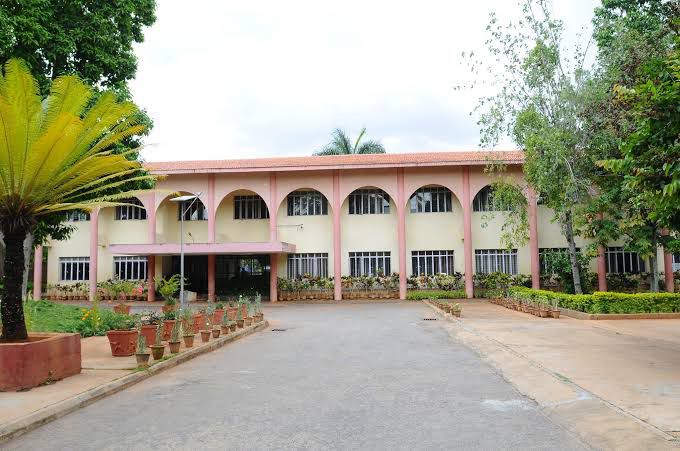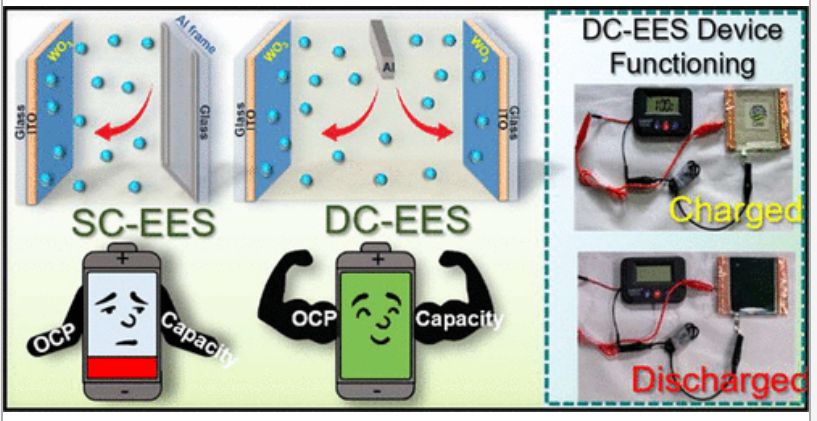Researchers at the Centre for Nano and Soft Matter Sciences (CeNS), an autonomous institute of the department of science and technology in Bengaluru have innovated a pioneering transparent battery technology capable of revolutionising energy consumption in buildings.
The battery promises to turn ordinary windows into affordable energy-storing smart glass, offering both environmental sustainability and practical functionality.
How does it work?
The newly developed technology integrates a high-performance aqueous transparent battery with adaptive color-changing capabilities, as detailed by the Department of Science and Technology.
During the day, these smart windows remain transparent, allowing sunlight to enter the room while simultaneously functioning as an energy storage system. The stored energy can then be utilised to power electronic devices within the room, providing a sustainable and efficient energy solution.
At night, the stored energy can power electronic devices in the room, and the window gets a dark blue tint that ensures privacy for occupants. This seamless transition between transparency and privacy enhances the versatility of these smart windows, making them ideal for various architectural applications.

Department stated that transparent batteries require careful optimisation of the thickness of the electrochromic layer to balance transparency and energy storage.
“After systematic testing, researchers determined the ideal thickness of the electrochromic tungsten oxide cathode (WO3) at 170 nm. This thickness strikes the right balance between energy capacity and light transmittance”, Department said.
They added, the researchers improved the capacity, switching speed, and transparency contrast of the battery by optimising the electrolyte solution and selecting an aluminium anode configuration.

Photo: Department of Science and Technology
Dr Ashutosh Kumar Singh, the project's lead scientist, said “The use of aqueous electrolytes contributes to their cost-effectiveness, high performance, and elevated safety levels, making them well-suited for use in smart windows and energy storage applications within modern infrastructures. Its commercialisation would require minimal investment. We can engage with potential smart glass manufacturers for collaborative efforts.”
©️ Copyright 2024. All Rights Reserved Powered by Vygr Media






















